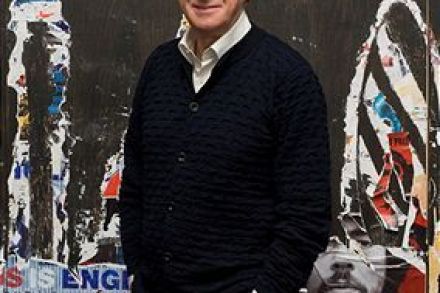OK Enda, What Are You Going To Do Now?
They’re still counting the results of the Irish election but it’s clear that, as expected, the story of the day is Fianna Fail’s collapse. Enda Kenny, who’s not half as youthful as he looks (he’s the Father of the House and has been a TD since 1975), will be Taoiseach but the election of 75 or so Fine Gael TD’s should not be taken as much of an endorsement of Fine Gael’s policies, far less as support for fiscal austerity or, frankly, much else. Fianna Fail has mislaid half a million votes since they won 78 seats on 41% of the vote in 2007. Fianna Fail’s vote has collapsed to















